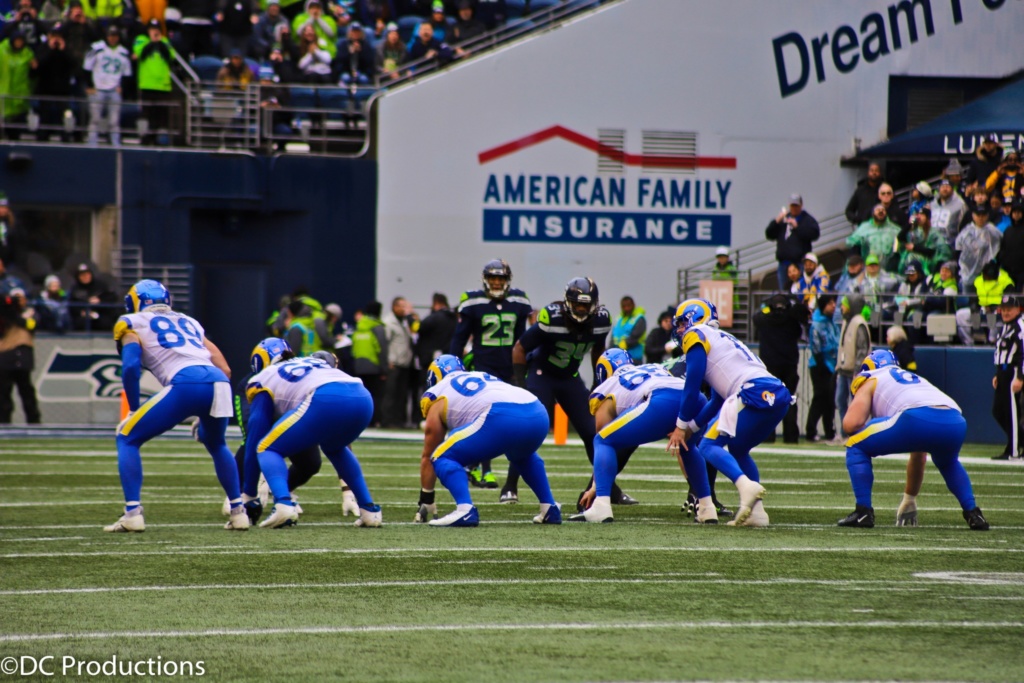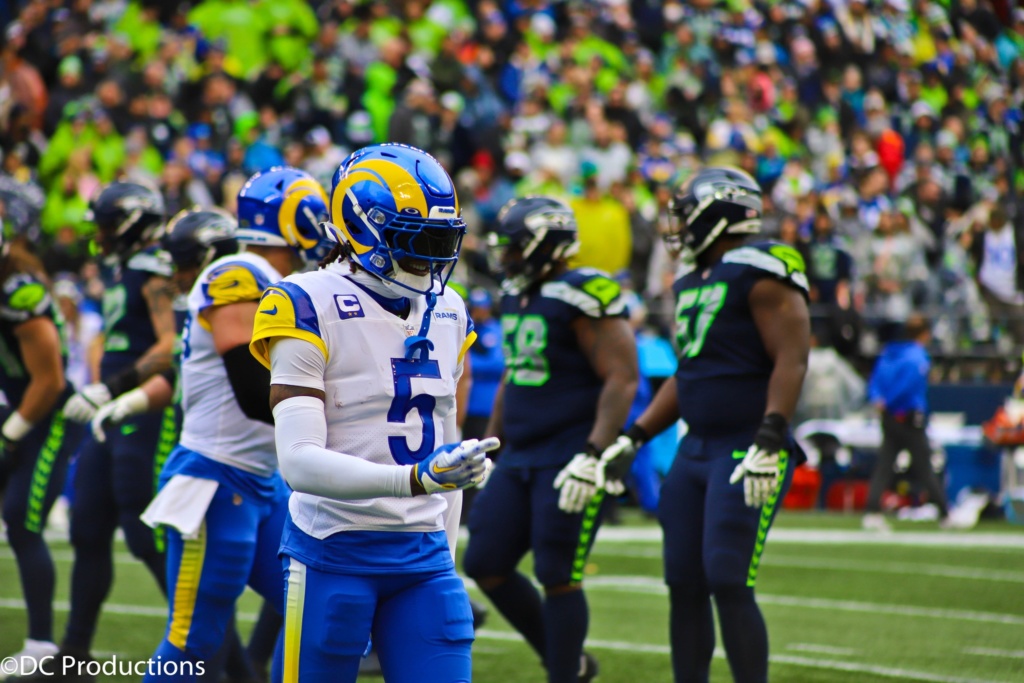As the defending Super Bowl champion Rams sank deeper and deeper into irrelevancy during their lost season, one thing remained constant.
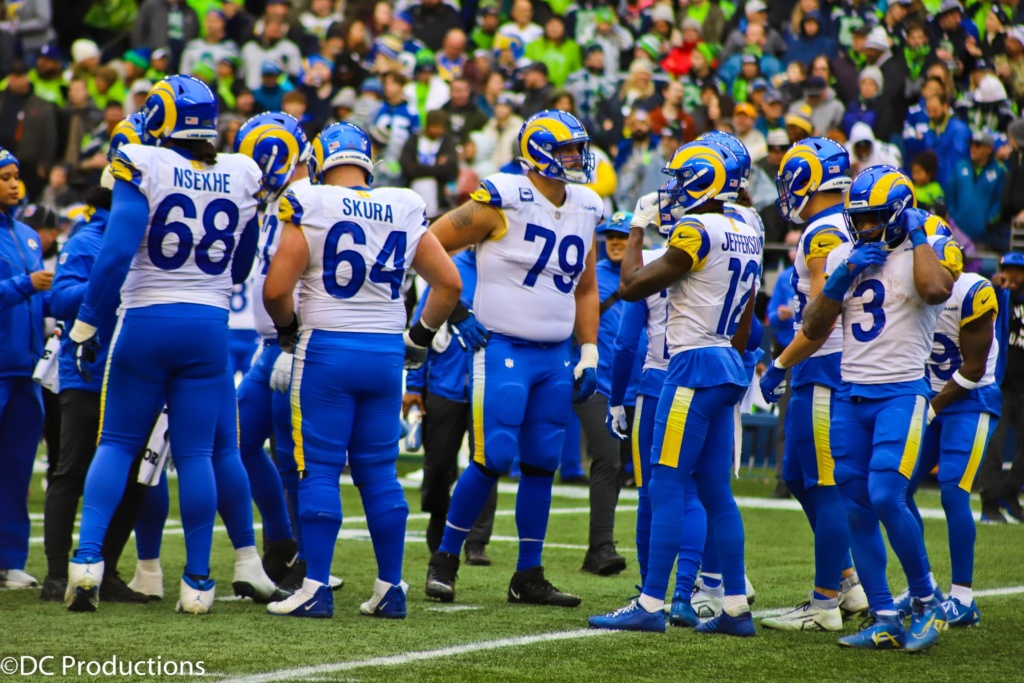
Each week, as losses and injuries mounted, coach Sean McVay conducted a videoconference with reporters from his office to review the season.
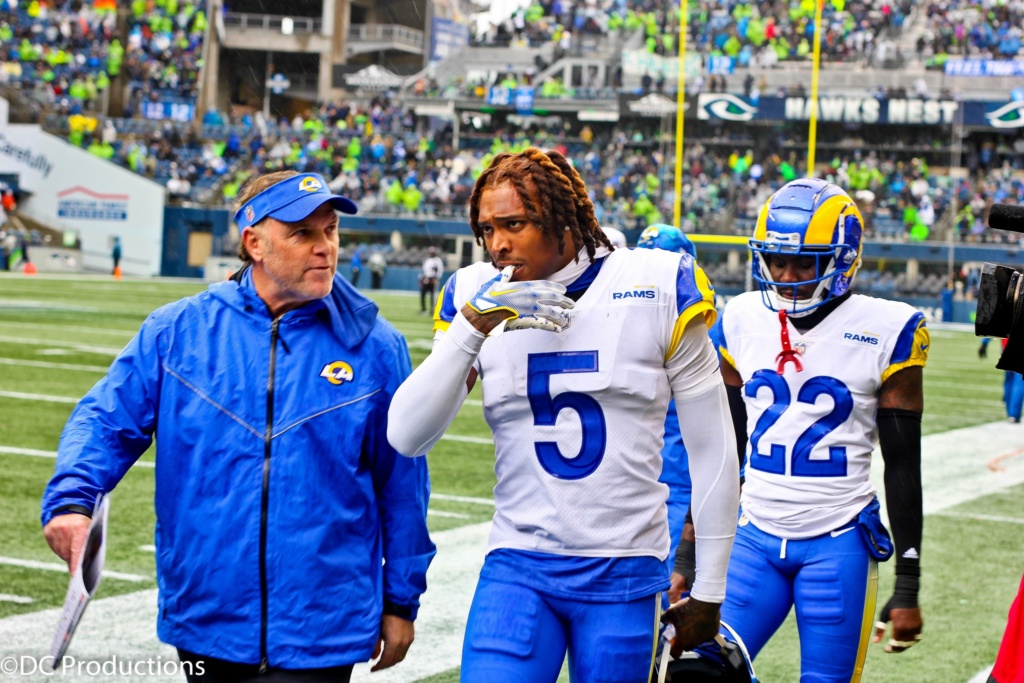
Little, if anything, was enjoyable for McVay, who wore a pained or anxious expression throughout a disappointing season that ended Sunday with a 19-16 overtime defeat to the Seattle Seahawks at Lumen Field.
“This year has been, in my opinion from just what I can control, professional failure,” McVay said last week, clarifying a few days later, “That doesn’t mean that I feel like a failure. It means that we haven’t lived up to the expectations.”
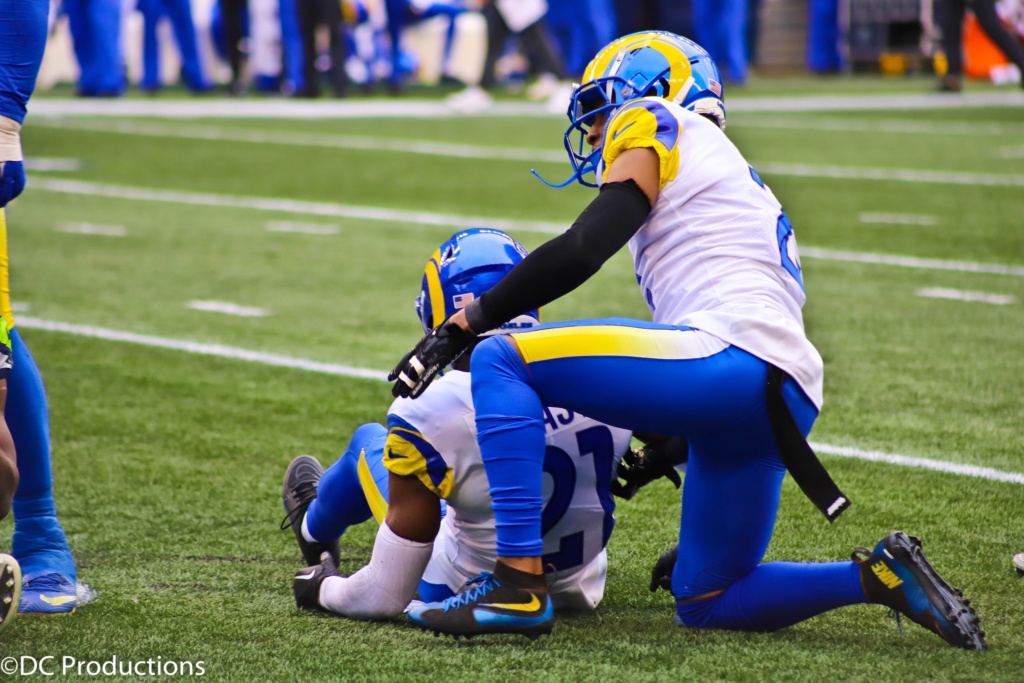
How did a team that frolicked in celebratory confetti last February nosedive to a 5-12 record, the worst season-after performance by a Super Bowl champion in history? How did an organization that proclaimed its intention to “Run it Back” after winning the title at SoFi Stadium stumble instead to a season of ruin?
The Rams went all-in during their boom-or-bust 2021 season. The result was boom times for a franchise that reached the NFL zenith six seasons after leaving St. Louis to return to Los Angeles.
But winning a Super Bowl comes with costs not easily quantifiable.
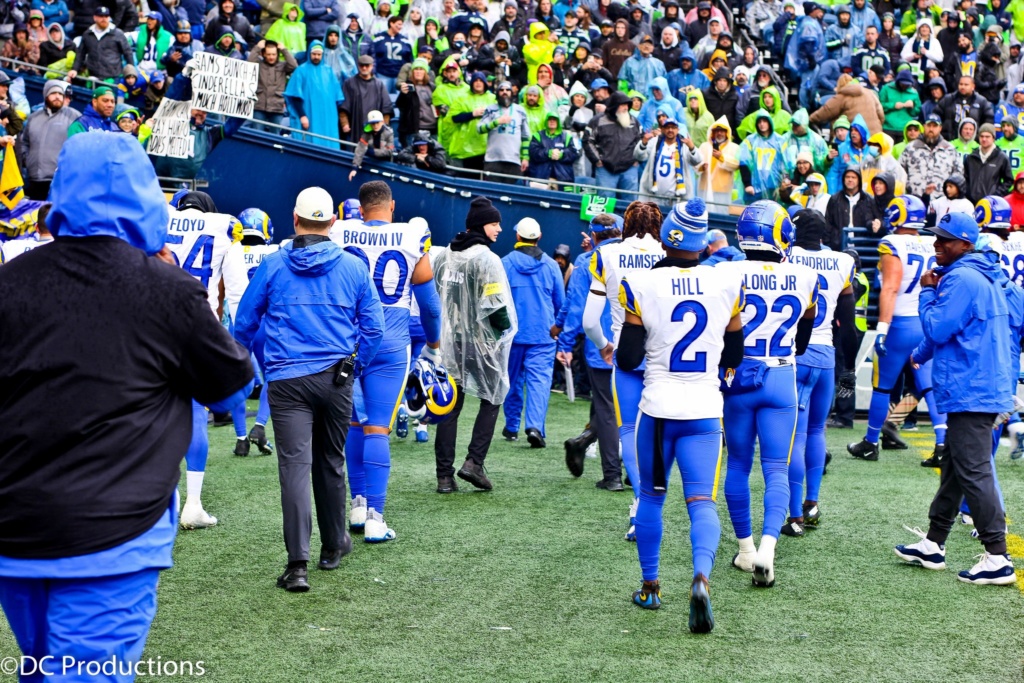
Consider that no team has repeated as champion since the 2004 New England Patriots.
In the 2021 season, the Rams played 21 games. The season did not end until their Feb. 13 victory over the Cincinnati Bengals. The long haul made for a short offseason. It affected the rest and recovery of all players, and the rehabilitation time for many, especially those who had surgery.
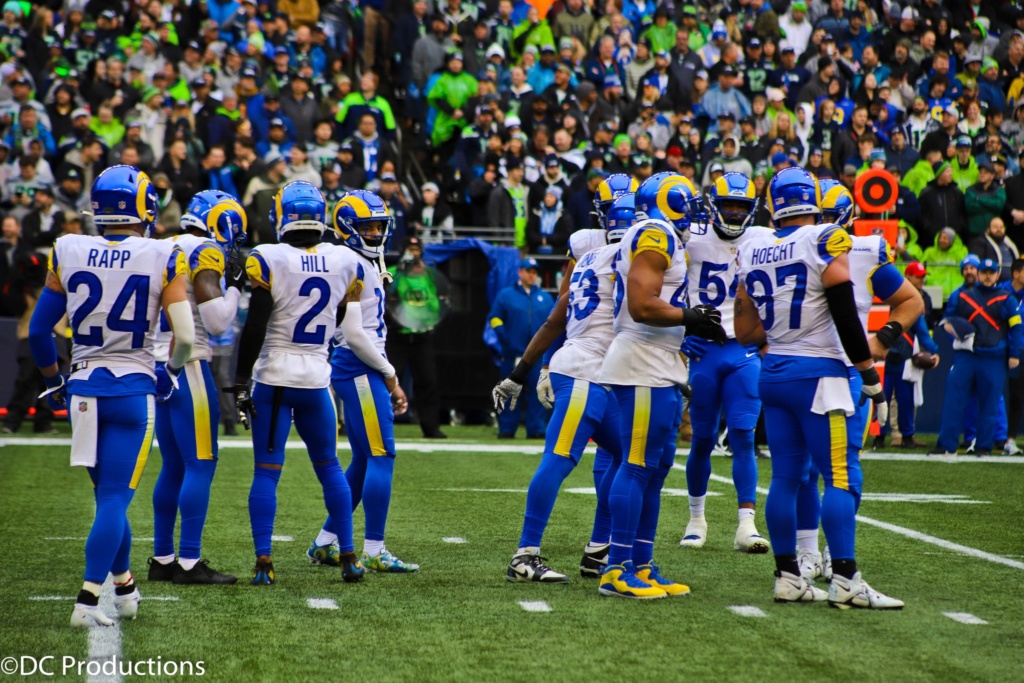
“I had surgery right after we celebrated,” said edge rusher Leonard Floyd, who had an ankle procedure. “So, not really too much time at all.”
The Rams also experienced huge turnover on the coaching staff. Seven assistants parlayed the team’s success into jobs elsewhere. The short turnaround affected the pool of available candidates to replace them, and the time new coaches had to acclimate with the staff and players.
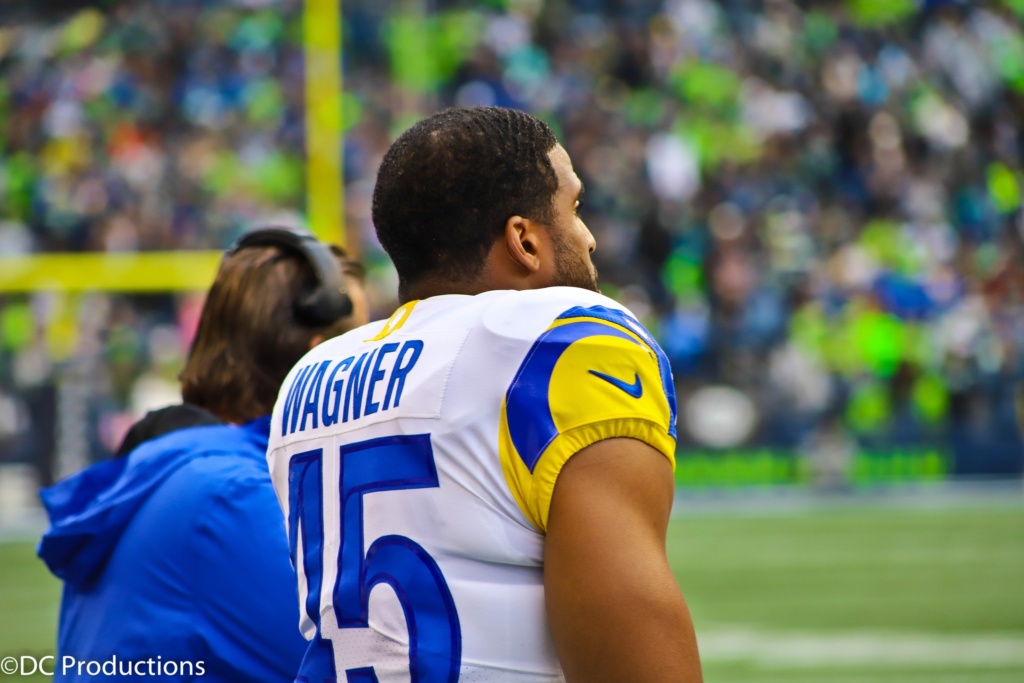
“You aren’t able to develop the foundational elements of how you want to operate on both sides, nor provide probably the clarity of exactly what is needed for people that maybe haven’t been here,” McVay said. “That’s no one’s responsibility but my own.” All of that matters for a team trying to win a Super Bowl, let alone two in a row.
